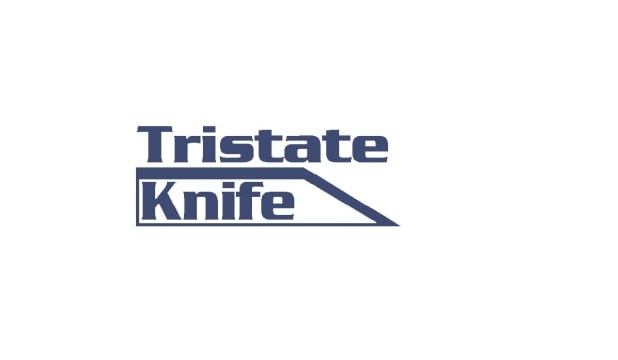With the Christmas holidays around the corner, it’s time to take those kitchen knives out for the pure pleasure of cooking for family get-togethers. The last thing you want as a hindrance is a dull knife. Cooking is an art, and being a chef, you must know when your knife needs sharpening.
Take a new piece of paper and use your knives to cut through it. If it does not hack through smoothly, it’s time to sharpen your knives. When you give your knife for sharpening, talk to granulator knife sharpening professionals about the type of knife material to get granulated with it impacting its tolerance level. Always send the complete set of granulator blades together for sharpening.
Signs To Know When Your Kitchen Knife Needs Sharpening
#1 Edge of your knife feels dull
All knives get bland with time. Carefully touch the edge of your knife to test its sharpness. If it feels rounded or dull, it’s time your knife needs sharpening.

#2 Taking more pressure while slicing
A sharp knife slides through food fluidly without any resistance. If you have to apply extra pressure and it causes inconvenience, it is a sign for knife sharpening. Remember, applying more pressure while slicing can cause kitchen accidents like nicking a finger or worse.
#3 Knives cut food leaving rough edges
You can cut through a new standard printer paper with sharp knives cleanly. It will also neatly cut your food items. But when you see your food comes out rough around the edges, it’s time to sharpen your knives.
#4 Fails onion test
A sharp knife glides through layers of onion easily. Place your knife against the skin of an onion; if it slips instead of cutting through the layers, it is a sign your knife needs sharpening.
#5 Fails tomato test and squashes it
The tomato test is the final test of a sharp knife. If the pressure of your knives causes food items to squash or flatten, it is a sign of a dull knife. A sharp knife will move through the tomato smoothly without catching on its skin.
Conclusion
Care for your kitchen knives and use the signs to check their sharpening needs. Knife sharpening requires skill and understanding of metals. A granulator knife sharpening professional comprehends better the relationship between the type of metal, type of knife, and precise angles for sharpening. Therefore, for high-quality knives, always hire a professional for the accurate sharpening job.

